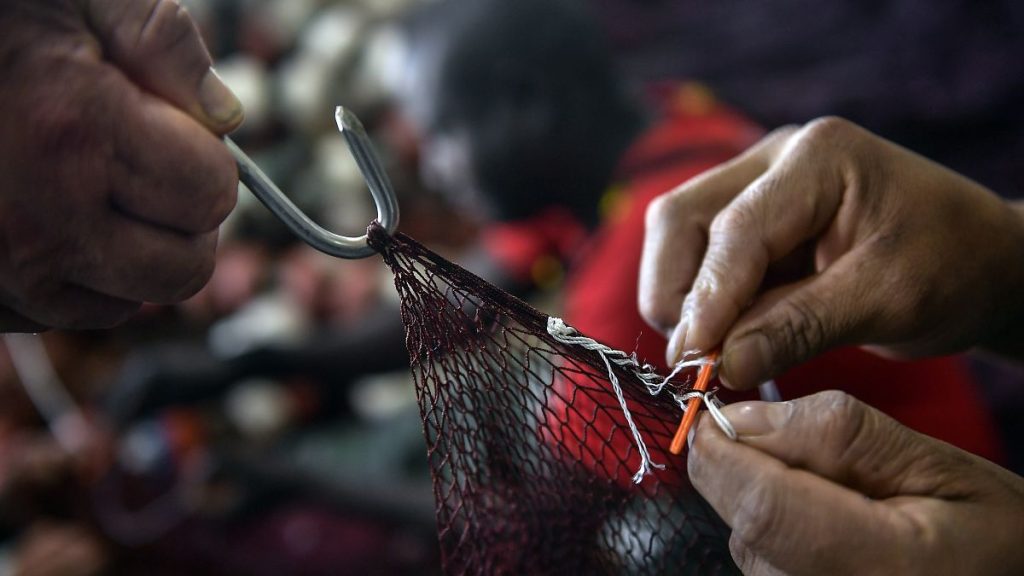The European Court of Justice recently ruled that fishing and farming deals between the EU and Morocco in 2019 were invalid due to the lack of consent from the people of the Western Sahara. This decision was a major win for the Algeria-backed Polisario Front, a Sahrawi liberation movement, as their legal entitlement to challenge the trade deals was recognized by the court. The court stated that consultations carried out by the EU institutions did not involve the consent of the people of Western Sahara, but rather the current inhabitants of the territory. As a significant portion of the people of Western Sahara now live outside the territory, the consultation process was insufficient to establish their consent.
The disputed territory of Western Sahara, annexed by Morocco in 1975 after Spain’s withdrawal, did not consent to a deal that directly impacted it, which the court found to be in violation of the principles of the right to self-determination and the relative effect of treaties. Previous rulings by the General Court in 2021 had already struck down the EU’s trade and fisheries deals with Morocco, with the fisheries agreement remaining in place until its expiration in July 2023 to avoid economic repercussions. Western nations, including Spain and France, have recognized Moroccan sovereignty over the territory, despite the UN classifying it as a “non-self-governing territory.”
The Polisario Front has used this high-profile case to advance its independence claims and challenge the sovereignty of Morocco over Western Sahara. The EU executive, in response to the ruling, reiterated the importance of its strategic partnership with Morocco, emphasizing the longstanding and profound nature of this relationship. The EU executive also noted a separate decision requiring some fruit and vegetable products from Western Sahara to be labeled as originating from the territory. The European Commission is currently analyzing the rulings in detail and has been granted 12 months before executing the verdict to avoid negative consequences for the Union’s external action.
The EU’s consultations with the people of Western Sahara were deemed insufficient by the European Court of Justice to establish their consent to deals that directly impacted the territory. While the European Commission and diplomatic arms conducted consultations, the court found that the process did not involve the people of Western Sahara but rather the current inhabitants of the territory. With a significant portion of the Sahrawi people living outside the territory, the consultation process was deemed inadequate to establish their consent. The ruling is a significant victory for the Polisario Front, allowing them to challenge the trade deals and assert their independence claims.
The Western Sahara territory, which has been a point of contention since Morocco’s annexation in 1975 following Spain’s withdrawal, remains a disputed region. The UN classifies it as a “non-self-governing territory,” but Western nations such as Spain and France have recognized Moroccan sovereignty over the area. This ruling by the European Court of Justice represents a step towards recognizing the rights of the Sahrawi people and their legal entitlement to challenge agreements that impact their territory. The EU’s response to the ruling includes reiterating the importance of its partnership with Morocco and analyzing the details of the court’s decisions before executing them to avoid negative consequences for the Union’s external actions.


